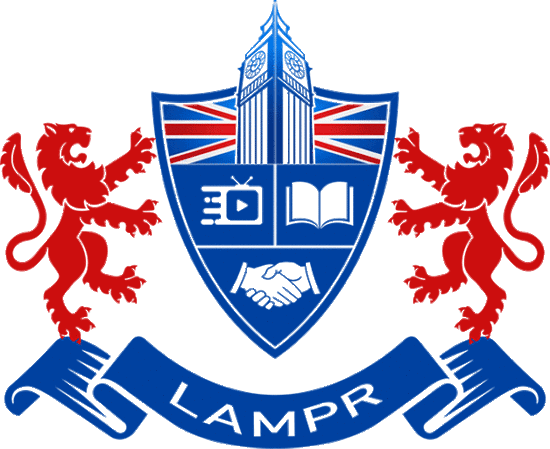Course Description
Protocol coordination in international summits and conferences is a crucial element that ensures the success of these large-scale events. This type of coordination requires a high level of precision and professionalism, involving the handling of high-profile figures and representing nations and organizations in the best possible light. This course aims to equip participants with the knowledge and skills necessary to organize and manage international summits and conferences in accordance with recognized international protocols.
Course Objectives:
- Introduce participants to the concept and importance of protocol coordination in international summits and conferences.
- Develop skills for planning and organizing major events professionally.
- Train participants to efficiently handle diplomatic and official figures.
- Enhance the ability to solve problems and manage challenges that may arise during international events.
Course Outcomes:
- Comprehensive understanding of the concept and importance of protocol coordination in international summits and conferences.
- Practical skills in planning and organizing large-scale events.
- Improved abilities in handling high-profile figures and diplomatic interactions.
- Enhanced problem-solving skills and the ability to manage issues effectively during events.
Course Outline for 5 Days:
Day 1: Introduction to Protocol Coordination
- Module 1: Concept and Importance of Protocol Coordination
- Definition of protocol coordination and its significance in international events.
- The role of protocol in enhancing international relations.
- Module 2: History and Evolution of International Protocols
- Overview of the history of protocols in international conferences.
- Examples of successful summits and conferences facilitated by protocol.
- Module 3: Basic Principles of Protocol Coordination
- Fundamental principles and procedures.
- Preparing documents and organizational plans.
Day 2: Planning and Organizing International Summits and Conferences
- Module 1: Effective Planning Steps
- Setting objectives and creating timelines.
- Selecting appropriate venues and organizing spaces.
- Module 2: Budget Preparation and Resource Management
- Estimating costs and preparing budgets.
- Managing suppliers and handling contracts.
- Module 3: Coordinating Teams and Stakeholders
- Forming work teams and distributing tasks.
- Communicating with governmental and international bodies.
Day 3: Managing Protocol During Events
- Module 1: Receiving Guests and Official Figures
- Procedures for receiving high-profile figures.
- Organizing tours and official visits.
- Module 2: Organizing Formal Sessions and Meetings
- Setting up and arranging meeting rooms.
- Managing sessions and ensuring their smooth flow.
- Module 3: Organizing Official Banquets and Ceremonies
- Etiquette and rules for official banquets.
- Planning receptions and social events.
Day 4: Handling Challenges and Problem Solving
- Module 1: Anticipating and Managing Issues
- Risk analysis and emergency planning.
- Examples of common issues and how to resolve them.
- Module 2: Crisis Management and Emergency Response
- Strategies for crisis management.
- Effective communication during crises.
- Module 3: Performance Evaluation and Continuous Improvement
- Methods for evaluating events and gathering feedback.
- Developing plans for continuous improvement.
Day 5: Practical Applications and Case Studies
- Module 1: Real-Life Case Studies
- Analyzing and studying examples from past summits and conferences.
- Discussing successes and challenges.
- Module 2: Practical Exercises in Protocol Coordination
- Role-playing scenarios and applying learned concepts.
- Simulating actual event situations.
- Module 3: Experience Sharing and Review
- Sharing personal experiences and insights among participants.
- Group discussions on best practices and challenges.
This course combines theoretical knowledge with practical applications, giving participants the opportunity to gain comprehensive understanding and hands-on experience in protocol coordination. This will help them achieve success and excellence in organizing international summits and conferences.
Features
- Airport-to-hotel transfer.
- Coffee breaks.
- Study materials.
- Farewell open buffet.
- London tours, Buses & boats.
- Hotel-to-airport transfer.






